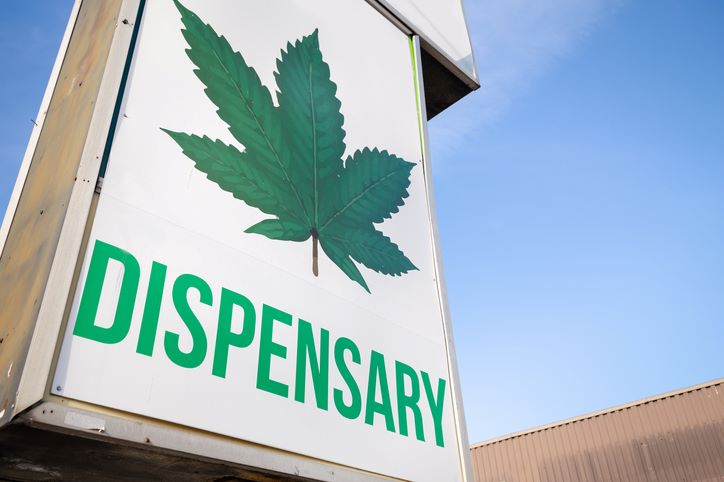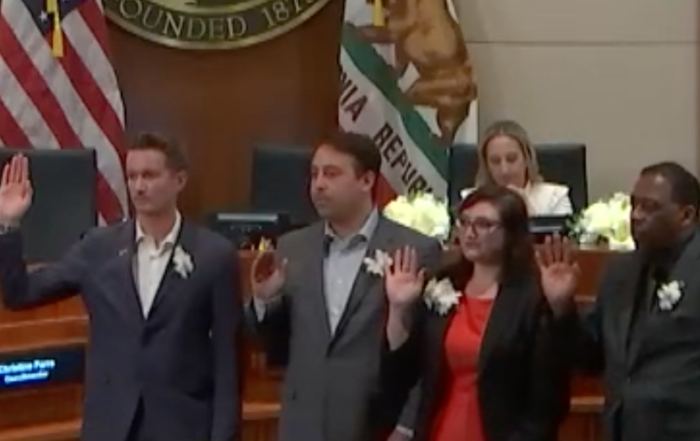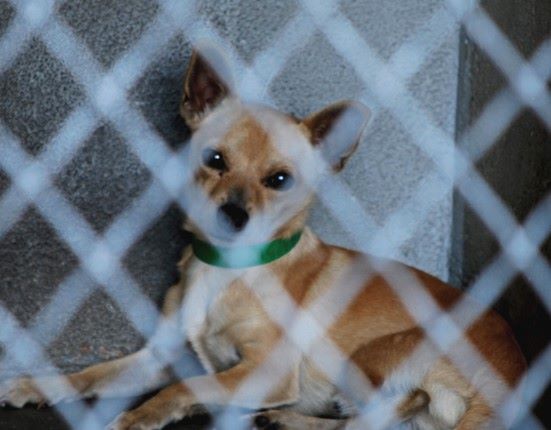Cannabis may get a little more affordable in Culver City over the next two years.
On Monday night, the city council discussed the merits of waiving a two percent tax on the distribution side of the cannabis business after complaints of economic hardship from those businesses.
In 2018, Culver City voters passed a cannabis business tax through Measure A, which established the following initial and maximum rates:
- Retail (medicinal): range of 5 -8% with an initial rate of 5%
- Retail (adult-use): range of 6-10% with an initial rate of 6%
- Manufacturing: range of 4-6% with an initial rate of 4%
- Distribution: range of 2-6% with an initial rate of 2%
- Testing: 1-1.5% with an initial rate of 1%
- Cultivation: $12 per square foot of canopy
Measure A allowed these rates to be adjusted up or down beginning on July 1, 2020, though the council has yet to take such action.
Following a request from cannabis businesses in September, however, the council assigned the city’s Finance Advisory Committee (FAC) the task of recommending whether or not the city should adjust the tax down for distribution businesses from two percent to zero percent.
The FAC voted 4-1 in favor of the adjustment but also proposed putting some monitoring mechanisms in place to help ensure the requesting cannabis companies remain operating in Culver City.
Cannabis entrepreneur Austin Hice spoke before the council in favor of the change and was asked by Councilmember Freddy Puza if he could explain the negative impact the distribution tax has had on his business, dubbed Breez.
“We’re one of the most overtaxed industries in the world,” said Hice. “and it’s essentially allowing the illegal market to outperform, outcompete economically.” He further explained that the distribution tax specifically compounds around the other taxes, costing the customer more in real dollars than two percent.
Hice said as a result of this, his company has had to move distribution outside of Culver City.
Andrew Lachman, Chair of the FAC, was also on hand and explained that his commission asked questions on the issue and compared Culver City’s tax rates on cannabis to other cities.
He said that while some thought it perhaps deserved more study, the consensus was that “There was an opportunity to make Culver City a center for this kind of industry in the future.” He did concede, however, that should cannabis distribution operations not return or set up shop in Culver City to take advantage of the zero percent tax, the commission should re-evaluate whether it was worthwhile.
Puza confirmed from the staff report that “The cannabis industry is struggling under the weight of taxation and regulation.” Puza supports taxes on cannabis in part because he thinks the revenue they generate could help fund the reparations efforts for Black families that the city council is considering. He said he would support a two-year exemption of the distribution tax “to reconcile the hardship that the companies have experienced.”
“We all thought these were going to be cash cows, but it’s a much more challenging and competitive industry,” said Councilmember Dan O’Brien. He agreed with Puza’s proposal to put a two-year moratorium on the distribution tax, adding “I’d be interested to see if we attract more than the one distributor we’re losing.”
Councilmember Göran Eriksson says he favors going down to one percent to match L.A.’s distribution tax but doesn’t think it’s worth going to zero. He questioned why other industry businesses that have suffered from the COVID slowdown or some other reason wouldn’t now feel emboldened to come to ask the council for leniency on one thing or another.
Ultimately a motion was passed, 3-1, with Eriksson opposed, to approve waiving the tax for two years. Upon sunset, it will be reviewed for its effectiveness by the city council. Vice Mayor Yasmine-Imani McMorrin was absent.
Photo by A_Melnyk
Stay informed. Sign up for The Westside Voice Newsletter
By clicking submit, you agree to share your email address with Westside Voice. We do not sell or share your information with anyone.








